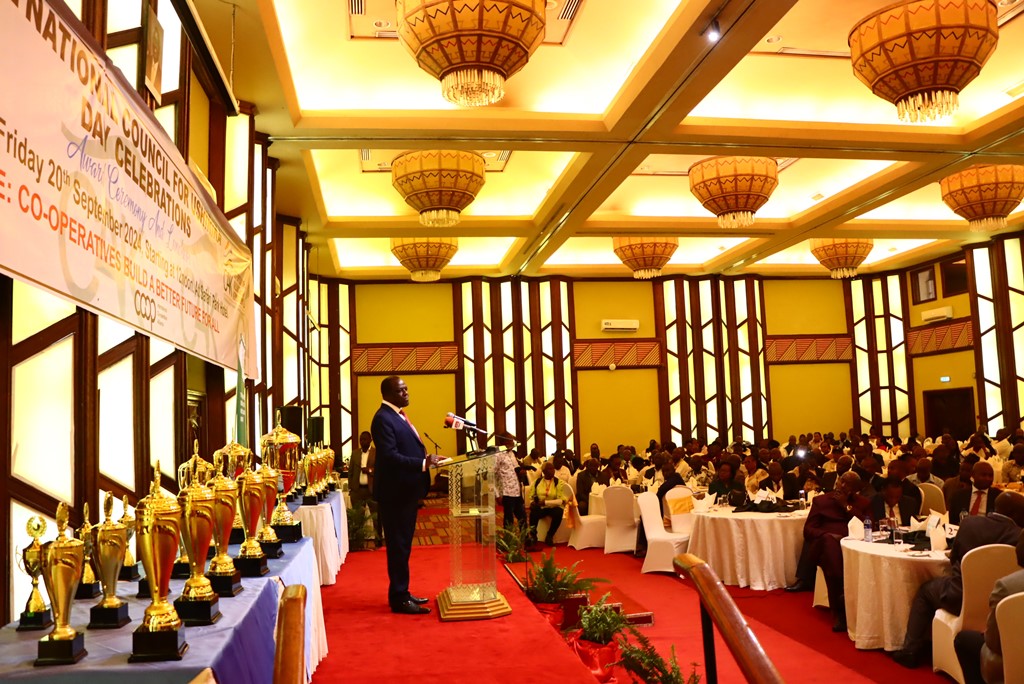The Kenya Kwanza government is set to build 400 new markets countrywide in a bid to uplift the economic status of the small scale traders in the country.
This was revealed by Deputy President Kithure Kindiki, who reiterated that out of the 400 markets, 17 will be located in Meru County.
He further confirmed that the 400 new markets are in various stages of construction across the country adding that the government is also in the process of reviving stalled roads, intensifying electricity connections and implementing policies and programmes for the creation of jobs and income opportunities in various sectors.
“In Meru County, the government is constructing 17 new markets and six more will commence soon. Ksh 9 billion has been allocated for the expansion of last-mile electricity connection in the County and targets 20,000 new households,” said Professor Kindiki.
ALSO READ:
CS Oparanya orders Cooperatives, MSMEs to file annual returns or face deregistration
DP further confirmed that the government will fulfil all the promises made to Kenyans before the next general elections.
Speaking in Kibirichia, Meru County, during an Economic Empowerment program for Small Scale Traders through their SACCOs, Professor Kindiki said they were focused on fast-tracking completion of all the projects before the next general elections.
He said the delays in the implementation of some of the projects were caused by a lack of finances orchestrated by the effects of the Covid-19 pandemic, as well as the dropping of the 2024/2025 finance bill.
“At the moment, our economy is on the recovery path and we have enough money to fund the projects that we promised to Kenyans,” said Prof. Kindiki.
He added that some of the projects were pivotal in bettering the lives of millions of Kenyans, especially those at the grassroots.
ALSO READ:
President Ruto assures sugarcane farmers of fair returns for their deliveries
On economic empowerment, Professor Kindiki said they will continue supporting mama mboga, boda boda riders, owners of salons, barbershops, carpenters, electricians and other micro- and small-scale traders who play a huge role in running the local economies and creating jobs.
“The economic empowerment programme is complementary to the targeted policies in the agricultural value chains that have stabilized the economy and led to better earnings in the coffee, tea, dairy, miraa and other sub-sectors,” said DP Kindiki.
He acknowledged that the government was not there yet, but it has made some development steps forward.
“In the last two years we have been working to control the cost of living by improving agricultural commodity prices. For instance, by the time we assumed office, a kilogram of coffee was Sh44 but it is at Sh94 as we speak, said the DP.
“In 2022, we made Sh160 billion from tea, Sh180 in 2023 and last year we realized Ksh218 billion. This is an indication of better days to come and we are working hard to realize the dream,” said Professor Kindiki.
By John Majau.
Get more stories from our website: Sacco Review.
For comments and clarifications, write to: Saccoreview@
Kindly follow us via our social media pages on Facebook: Sacco Review Newspaper for timely updates
Stay ahead of the pack! Grab the latest Sacco Review newspaper!



